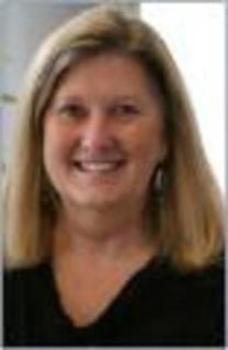Question
What is Specific Language Impairment? What is the appropriate treatment?
Answer
Unfortunately, in the long and growing list of language, learning, and communication disorders, the category ''Specific Language Impairment'' (SLI), in spite of its misleading label, may be the least ''specific'' of all. It is typically defined in a roundabout way by placing just about everything in the category that is believed to have some connection with language and yet that does not fit any other category well. It is defined by excluding every kind of communication difficulty that seems to have another, better explanation: for instance, if the problem can be attributed to hearing deficit, or to any anatomical problem (e.g., structural malformation), or to general mental retardation, it is not supposed to be regarded as SLI. Individuals with any SLI are supposed to have normal intellectual abilities (above 85 on nonverbal or performance tests, unlike persons with mental retardation) but lower than expected scores on verbal tasks. According to the collective wisdom of communication disorders specialists, while individuals with SLI have lower verbal scores than should be expected on the basis of their nonverbal (performance) scores on standardized tests (as is also the case with so-called language/learning disabilities/disorders or LLD), their nonverbal performance scores (unlike cases of mental retardation) are expected to fall in the normal range.
As a result, SLI is a lumpy rag-bag of a category invented for poorly understood cases that do not fit the other categories. The manifestations range the gamut from phonological, morphological, lexical, semantic, syntactic, and pragmatic delays, blocks, or oddities. In short, SLI is a category in serious need of theoretical and empirical improvement.
And thank you for asking.
Bio:
John W. Oller, Jr., Ph.D., Professor and Head Department of Communicative Disorders
Director, Doris B. Hawthorne Center for Special Education and Communicative Disorders
University of Louisiana at Lafayette
An elected member of the New York Academy of Sciences, John Oller is an experimentalist and measurement expert in language, literacy, communication, and intelligence. Oller has authored or co-authored thirteen professional books and more than two hundred professional articles. In 1984, he won the Modern Language Association Mildenberger Medal an international prize for the best book on foreign language teaching. At the invitation and expense of foreign governments and other agencies Oller has lectured in England, Denmark, Spain, Germany, Egypt, Israel, Japan, Korea, Taiwan, Thailand, Singapore, Mexico, Quebec, Cyprus, Canada, and throughout the United States. He has served as principal mentor to 40 doctoral students, and has published research with 77 students and colleagues. Current work concerns language proficiency and nonverbal intelligence, autism, and the theory of abstraction. Oller is a regular reviewer for scholarly journals, commercial publishers and such agencies as the National Science Foundation, the U. S. Department of Education, and the Social Sciences and Humanities Research Council of Canada. He serves as an editorial consultant in linguistics, education, measurement, language teaching, psychology of language, communication disorders, mass media, and communication. He has appeared on nationally syndicated programs on television and radio.

